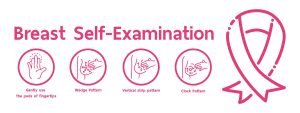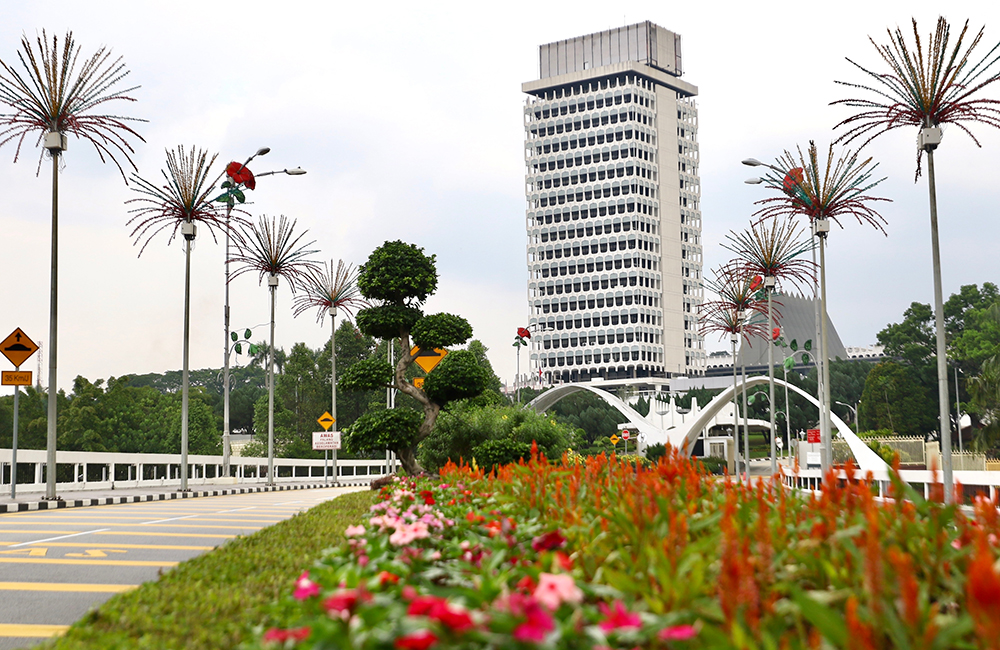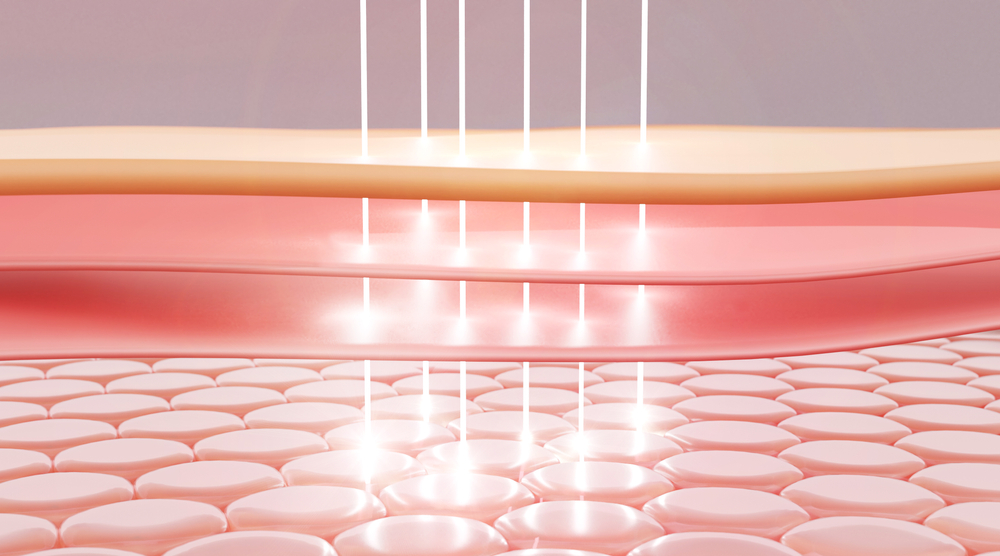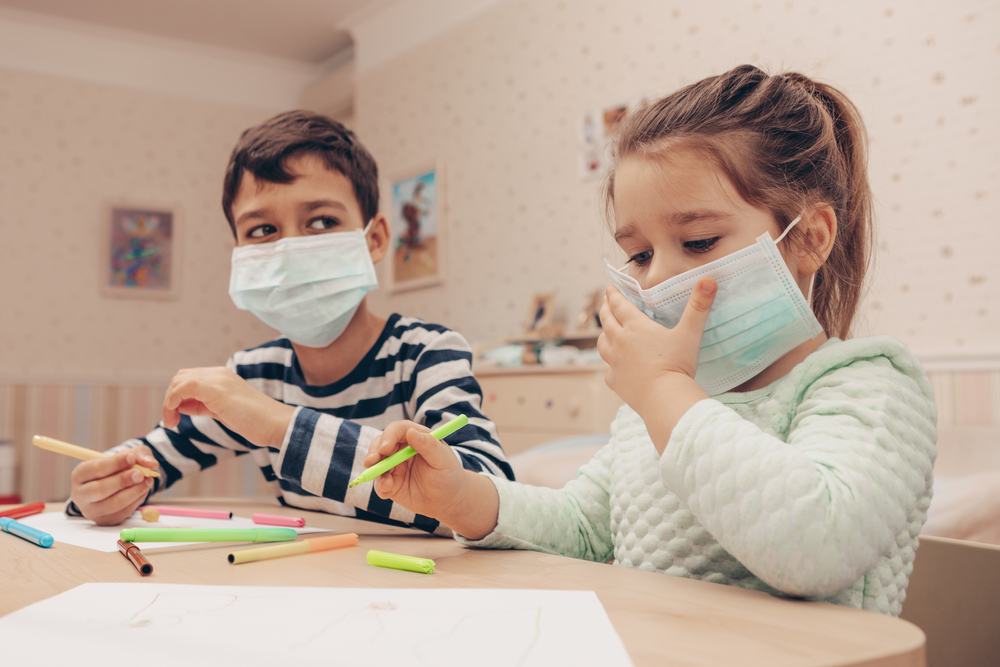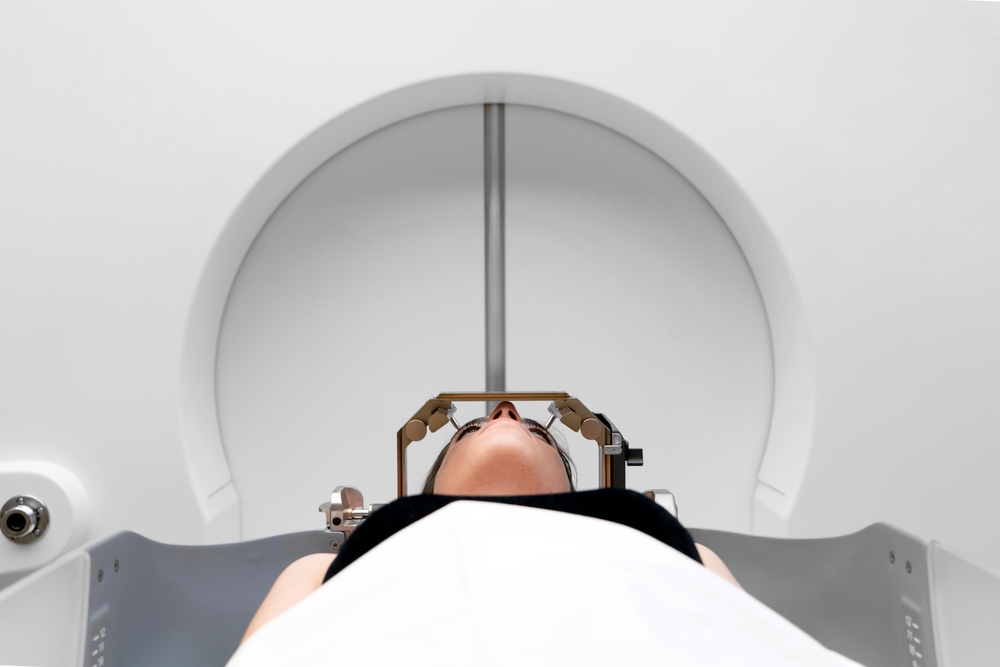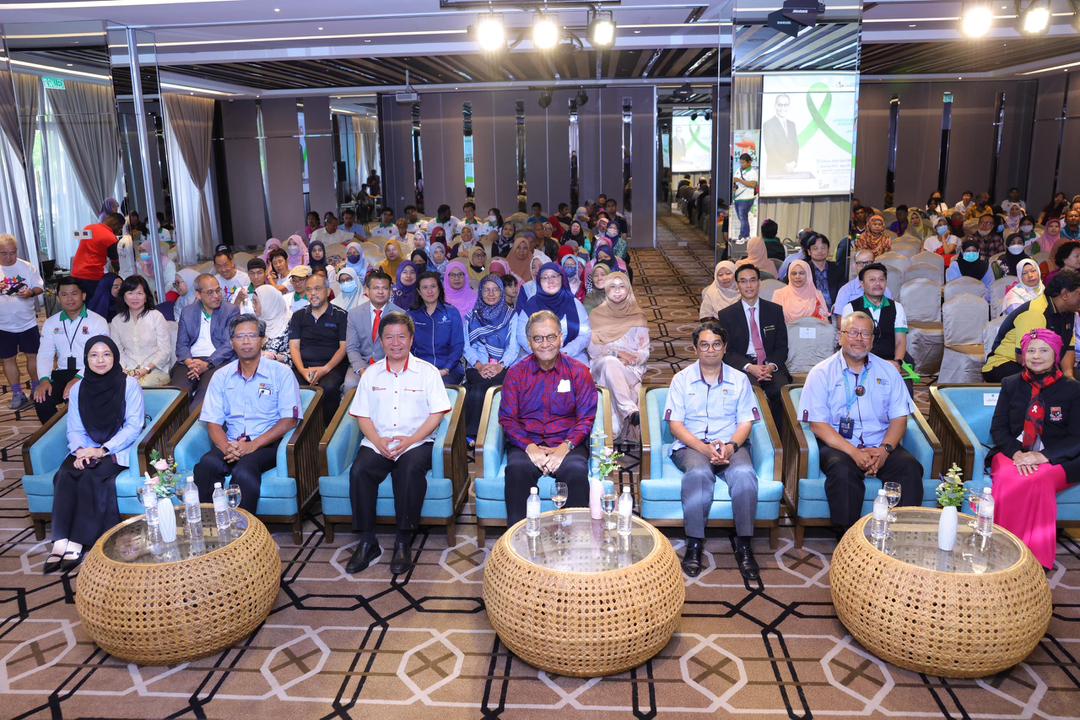WORDS LIM TECK CHOON
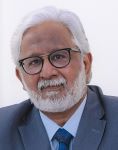 FEATURED EXPERT FEATURED EXPERTDR MURALITHARAN GANESALINGAM Head of Department Obstetrics and Gynaecology School of Medicine International Medical University (IMU) |
FIRST, LET’S REFLECT: DO YOU NEED HEALTH SCREENING?
Health screening benefits us, even when we believe and feel that we are healthy.
Dr Muralitharan Ganesalingam tells us: “The goal of screening tests is to detect changes in the body before they become unmanageable. In this way, you have the chance to modify your lifestyle and steer away from a particular illness.”
GO FOR HEALTH SCREENING FROM EARLY ADULTHOOD (SUCH AS WHEN YOU START WORKING) AND DO IT TWICE A YEAR AFTER YOU TURN 45
As Dr Murali puts it:
- Generally, women between 19-24 years of age are considered to be at the peak of health.
- From the age of 25, fat begins to accumulate, especially in the hips, thighs and abdomen, while muscle mass deteriorates.
- From the age of 35, bone mass depletes at a rate of 0.5% to 1% each year.
There will be variations to this trend, as people are difference and hence their bodies age differently too. However, these changes with ageing prompt the recommendation given by Dr Murali, as health screening can help in detecting early the health issues that can arise alongside these changes.
Furthermore, health screening can be helpful in detecting the development of certain diseases that may not show obvious symptoms at the early stage.
PRIORITISE THESE HEALTH SCREENING TESTS
- Blood pressure to check for hypertension. “This disease, known as the ‘silent killer’, progresses without noticeable symptoms and affects 3 in 10 Malaysians (approximately 6.4 million people), and increases the risk of stroke and heart attack,” explains Dr Murali.
- Blood count to detect conditions like anaemia. On average, anaemia affects 3 in 10 women aged 15 to 49 years and can cause complications during pregnancy such as miscarriage and premature birth.
- Blood glucose test to check for diabetes.
- Body mass index (BMI) to monitor weight gain and help prevent obesity. Dr Murali points out that our national statistics show that 1 in 2 adults are overweight or obese, and 1 in 2 have abdominal obesity, of which women accounted for 54.7% and 64.8% respectively.
- Lipids test to check for elevated levels of cholesterol, which can lead to heart disease. Around 4 in 10 Malaysians, approximately 8 million people, have raised cholesterol levels, with women being more likely to have higher levels than men. In spite of this, 1 in 4 people are unaware they have high cholesterol.
- Kidney function and liver profile, as chronic kidney disease affects 1 in 7 Malaysians, and diabetes is a significant risk factor for this disease.
Dr Murali also recommends going for annual eye checks, hearing tests, and dental check-ups as we age.
Just for women
- Pap smears to check for cervical cancer. “Because we have an efficient screening programme through the use of Pap smears, we have been able to reduce the incidence of cervical cancer substantially,” says Dr Murali. “It is the most significant advancement in the control of cancer, hence annual screening for cervical cancer is something I emphatically encourage.”
- Breast examinations (see below) to check for breast cancer. Dr Murali points out that it is essential for all women to be disciplined about performing their own breast examinations as well as to go for an annual check by a doctor, who will advise if a mammogram is needed.
- Bone mineral density scans to detect osteoporosis. Dr Murali explains that one’s bone mineral density decreases with age and the risk of fractures increases, hence postmenopausal women 50 years and older should be screened. “Women aged 65 years and older should be screened at least once a year, according to Malaysian guidelines,” he adds.
An overview of how to perform breast self-examination at home. Click on the image for a larger, clearer version. If you are unsure or you have concerns, you can consult your doctor for more information.
FINAL ADVICE
“It is important for you to speak to your regular doctor about any health concerns and discuss what health screenings may be beneficial for you, based on your age, lifestyle and family history,” Dr Murali emphasizes.


